Madiot: Lappartient must follow through on mechanical doping promises
FDJ manager joins FFC president in calling on UCI to do more to catch cheats
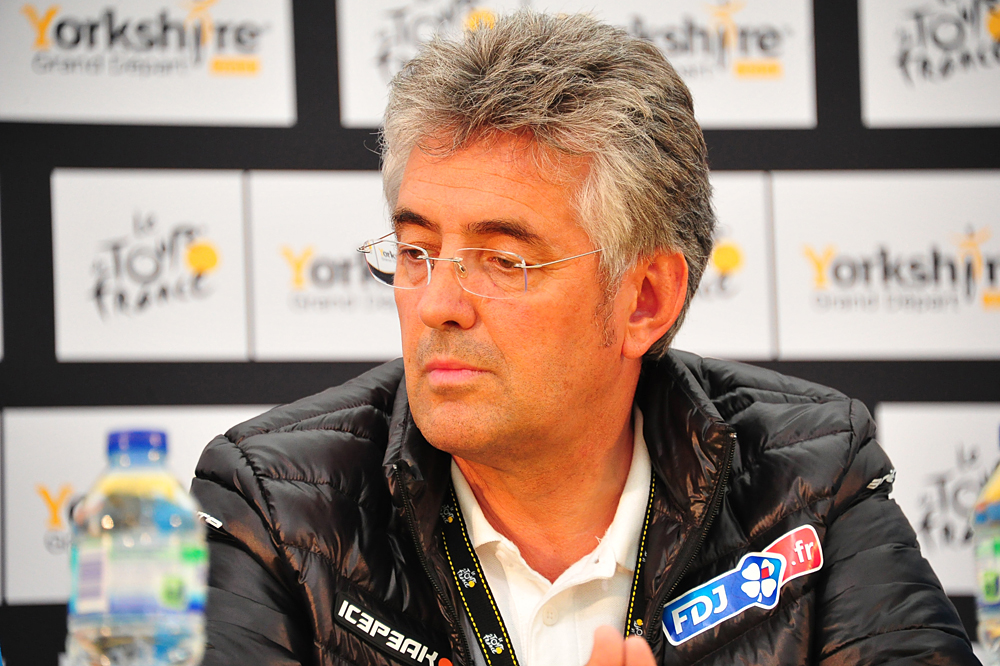
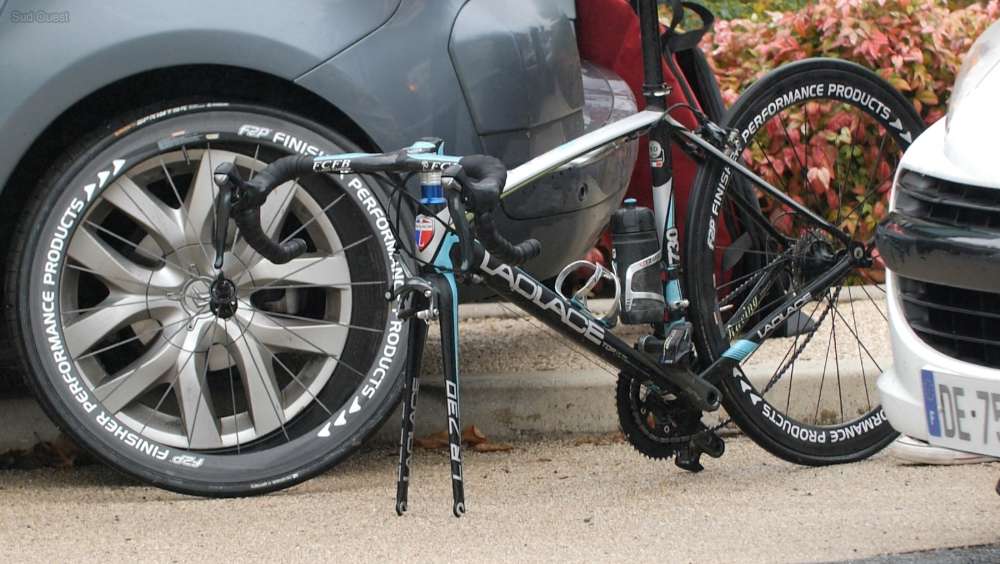
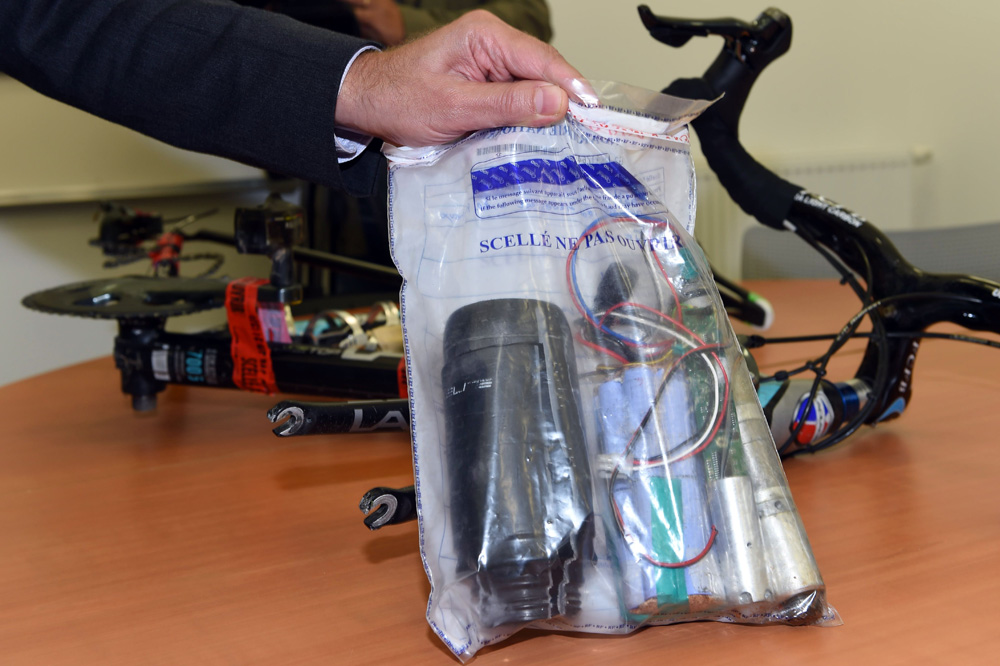
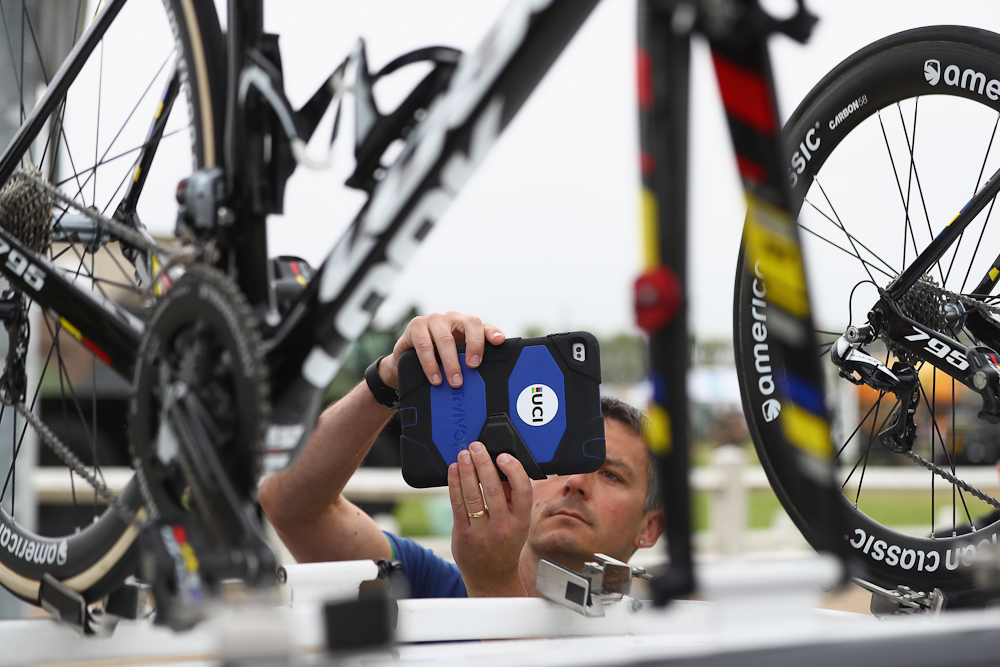
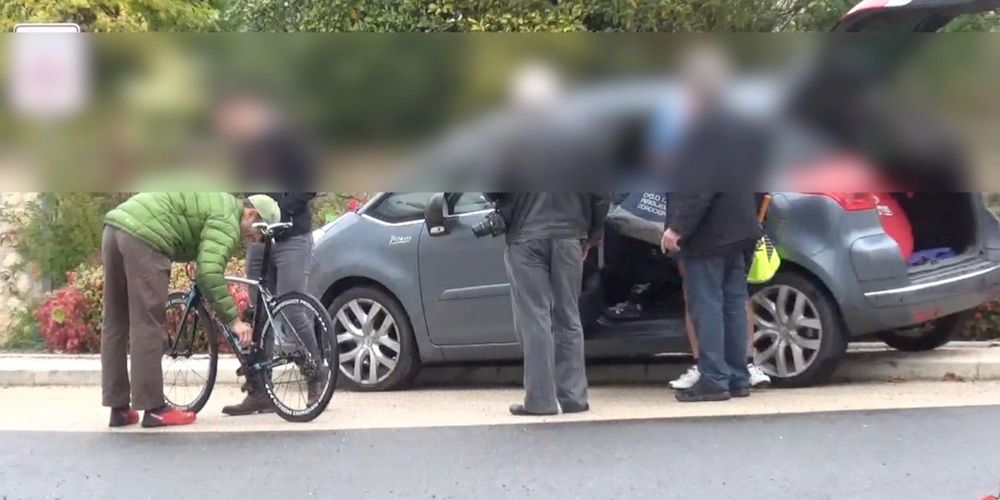
Long-standing FDJ team manager Marc Madiot believes hidden motors have been used in the professional peloton in the past, citing bike changes as possible evidence. Even if he doubts they are currently in use, he joined the French Cycling Federation (FFC) president this week in calling on the UCI to do more to catch potential cheats.
Mechanical doping has hit the headlines once again this week after a 43-year-old amateur French rider was caught with a motor hidden in his seat tube at a race in the Dordogne region of France. He is the second veteran rider to be caught this year. The discovery of a motor in the bike of Femke van den Driessche at the 2016 cyclo-cross World Championships first triggered increased urgency in the fight against what the UCI terms 'technological fraud'.
FDJ manager Madiot, a former pro and current head of the Ligue Nationale de Cyclisme, spoke about the case in an interview with French newspaper, Le Parisien.
"It's pathetic. In my opinion, what he's doing is not profitable. All that to win two sausages and three packets of crisps…I don't see the point," he argued.
In the pro ranks, however, there is significantly more to gain, even if there is more to lose.
"In those [amateur] categories, there have surely been other cases. In the pros, too – though I don't think anymore," he said. "There was a blurry period where no one believed in the existence of it – and it was therefore easier to use it. From the moment there were doubts, as if by coincidence we saw fewer and fewer bike changes."
The latest case of the 43-year-old Frenchman caught at the race on Sunday came after an investigation from French police and the French anti-doping agency, with regional anti-doping counselor and former pro Christophe Bassons playing a key role in pursuing the rider.
Get The Leadout Newsletter
The latest race content, interviews, features, reviews and expert buying guides, direct to your inbox!
Madiot welcomed the police presence, arguing that "it shows we're not messing around anymore".
It's an attitude on which David Lappartient struck during his successful election campaign for the UCI presidency. Before defeating incumbent Brian Cookson in convincing fashion last month, Lappartient promised to get tough on mechanical doping, arguing that the UCI's existing tablet device – the effectiveness of which has been called into question by a recent Stage 2 documentary – is not sufficient.
Madiot said he wasn't pessimistic about the threat to the sport posed by mechanical doping, but urged Lappartient to follow through on his promises.
"I'm not overly worried about it," he said. "In the pros, we must have the means to carry out proper inspections. David Lappartient is on the case. This must not just be an electoral promise. It's relatively easy to regulate, but it seems essential to me to train commissaires for these inspections. It must become a true occupation."
'What's at stake is the credibility and future of the sport'
Madiot's words echoed those of French Cycling Federation president Michel Callot, who issued a formal statement in the aftermath of Sunday's incident.
"Thanks to the investigatory powers of the judicial authorities, this operation has been a success, which the FFC can only be pleased with," he said. "Unfortunately, the result of this operation only confirms what was feared with regards to this type of fraud in the amateur ranks, which constitutes a true insult to our sport and to all those competing honestly."
The FFC pointed to the steps it has taken in the fight against mechanical doping – which include the use of thermal imaging cameras, bike inspections, and police involvement – but said a more coherent and comprehensive plan of attack needs to be drawn up.
"This confirmed instance of technological fraud only reinforces the FFC resolve to develop this type of action throughout our regions. Therefore, the FFC will rapidly put in face a consultation process with a view to establishing a plan of action. The FFC reckons that these actions must, as quickly as possible, be accompanied by other means of controls linked to the development of reliable and efficient technical solutions.
"The FFC, conscious that it cannot fight this major risk of fraud alone, calls on both the Department for Sport and the UCI in order to join together in devising a major plan of action that will allow us to fight against technological fraud, in top-level races but also – and maybe even as more of a priority – in the amateur ranks.
"What's at stake," Callot concluded, "is the credibility and future of the sport."
Patrick is a freelance sports writer and editor. He’s an NCTJ-accredited journalist with a bachelor’s degree in modern languages (French and Spanish). Patrick worked full-time at Cyclingnews for eight years between 2015 and 2023, latterly as Deputy Editor.
